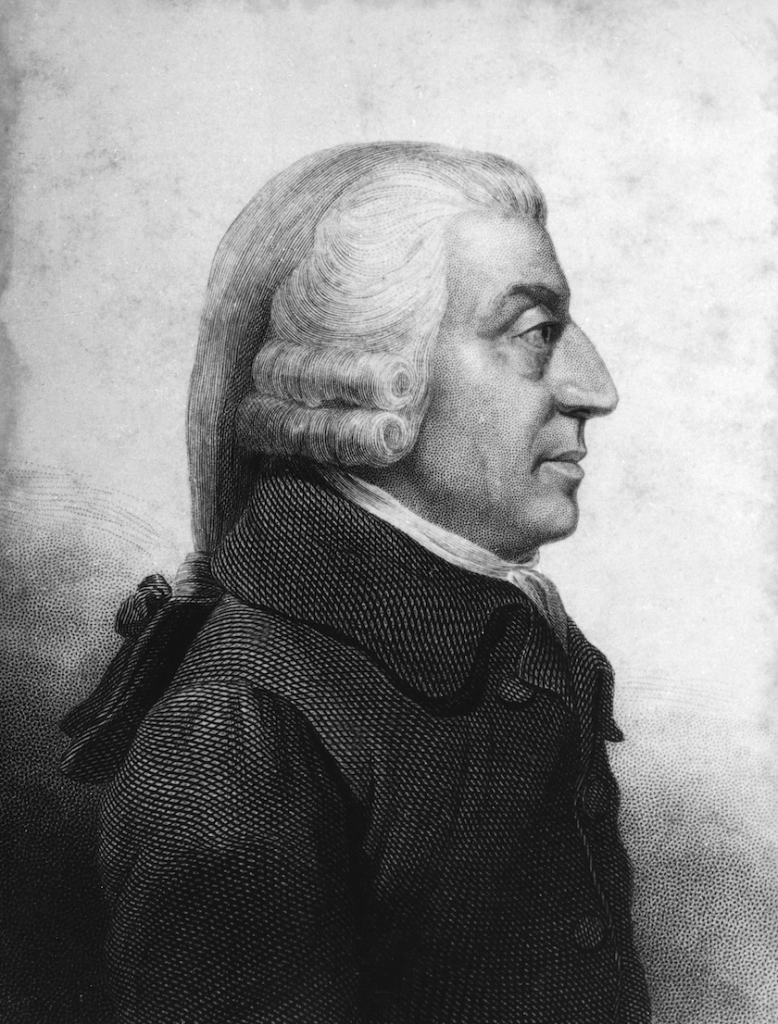By James Eiler

In the modern political discourse, there is often the assumption that the market is, in some way, opposed to human freedom. We see in proclamations from politicians, calls for the protection of the population from the supposed tyranny of market forces, often through direct restrictions on the functioning of private enterprise, or else through the subsidy or taxation of unwanted behaviors. Yet, this view of the market as an oppressive force is the product of a misunderstanding of both the nature of freedom and of the market itself. In truth, the market is not some great sentient force with the power to harm but rather exists only insofar as it is a useful shorthand for the sum of human activity. The Market, rather than being an entity that harms human freedom, is in fact a necessary condition for not only freedom but material prosperity.
If we take an ideal market to be simply the aggregate of the interactions between freely acting individuals, then it, in an almost axiomatic sense, cannot be oppressive. If the market is simply allowed to be the expression of economic action by individuals, then any form of coercion is absent from it, as participants may simply act as they see fit in accordance with their self-interests. The market, if allowed to operate freely, is a necessary component not of oppression, but of freedom. As it is an expression of human action, its being free is a precondition of the presence of freedom, defined as the ability of human beings to act without coercive restraint, as if human action is restricted in this vital area, human freedom is necessarily limited. Of course, some restrictions on freedom may be necessary to fulfill other considerations, but it is fundamentally incorrect to argue that the market, if allowed to act freely, will act to the determinant of human freedom.
No, the “market” is only oppressive insofar as it is distorted away from its ideal state by the very government called upon to protect people from it. When the state imposes restrictions upon the market, it prevents some form of activity from being undertaken. Again, while some restrictions may be necessary, they should always be viewed as entailing a sacrifice of some level of freedom Of course, there is a role for the state to play in ensuring that transactions carried out in the market are not coercive. Some elements of law enforcement are likely necessary to ensure that contracts are honored as well. However, these interventions do not restrict the market. They rather ensure that it truly is the expression of free human choice.
Further, the free action of individuals in the market is vital to the maximization of human prosperity and should be of particular concern to those who prioritize utility. If people are generally allowed to act in accordance with their self-interest, they will act in a manner that maximizes their individual utilities subject to their constraints. The state cannot possibly know the self-interest of individuals as well as the individuals in question do. Thus, state regulations to restrict individual choice will necessarily reduce the ability of individuals to pursue their own self-interest. While we may want some restrictions, they should be viewed as entailing a sacrifice of utility rather than a promotion of it.
